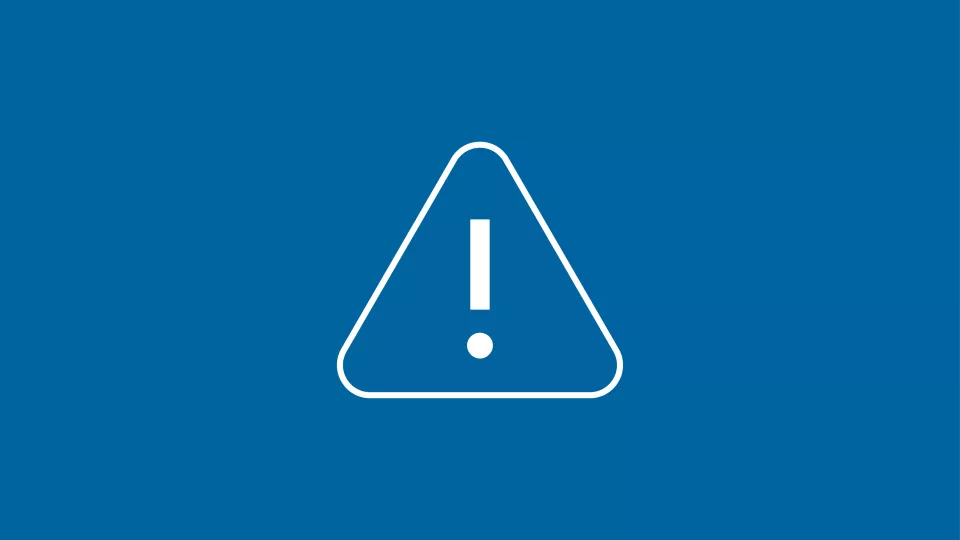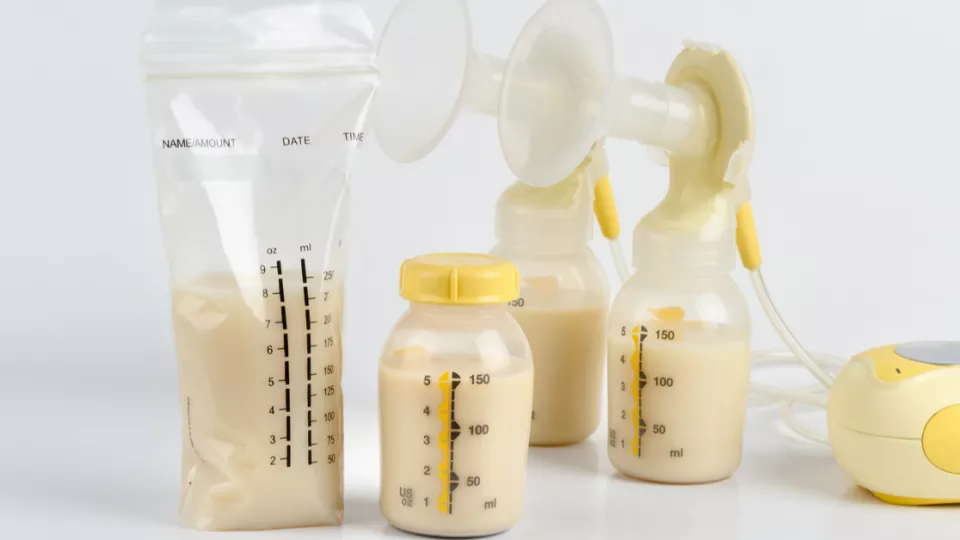
All Children’s Hospital Los Angeles locations are open.
Wildfire Support Line for Current Patients, Families and Team Members:
323-361-1121 (no texts)
8 a.m. - 7 p.m.

COVID-19 has turned the lives of most Americans upside down. Like the flu and other respiratory pathogens, the novel coronavirus that causes COVID-19 passes from person to person in respiratory droplets. But because this virus is so new, even experts don’t know all the ways the disease can be transmitted. With so much unknown about the virus, feelings of anxiety and fear are normal—and may be particularly high for breastfeeding mothers.
As always, breast milk is the best source of nutrition for most infants, according to experts. Its immunological properties protect babies against many illnesses.
Although it is unknown if mothers with COVID-19 can transmit the virus via breast milk, the World Health Organization and the Centers for Disease Control and Prevention (CDC) encourage all mothers who wish to breastfeed their babies to do so.
In limited studies that included women with another coronavirus, severe acute respiratory syndrome (SARS), the virus was not detected in breast milk. And in China, a group of six mothers who tested positive for COVID-19 were studied after giving birth. Findings from the study, recently published in The Lancet, showed no evidence of the coronavirus in the mothers’ breast milk or in the cord blood, amniotic fluid or throat swabs of their newborns.
Despite the anxiety around this issue, Amanda Reyes, IBCLC, an International Board-certified Lactation Consultant at Children’s Hospital Los Angeles, has not seen an increase in parents weaning earlier since the COVID-19 outbreak.
“Breastfeeding parents continue to experience the same challenges and obstacles as they did pre-COVID-19,” Reyes says. “With all the uncertainty, it is strongly encouraged for parents to continue to breastfeed their child.”
A breastfeeding mother who has symptoms of the novel coronavirus or tests positive for COVID-19 should take all possible precautions to avoid spreading the virus to the infant by following these CDC guidelines:
The decision to start or continue breastfeeding is personal for any parent, and should be made in coordination with a health care provider. There are numerous online resources that may also be helpful, such as breastfeeding education, support groups and virtual lactation consultations.
To concerned parents, Reyes has these words of encouragement: “You are doing everything right! Turn to professional health care organizations to research your questions. Surround yourself with a community—practicing safe social distancing—of individuals who will support you emotionally, physically and mentally. In your child’s eyes, you are perfect.”